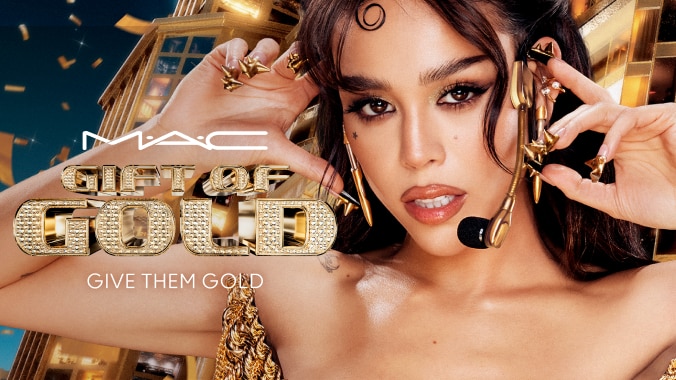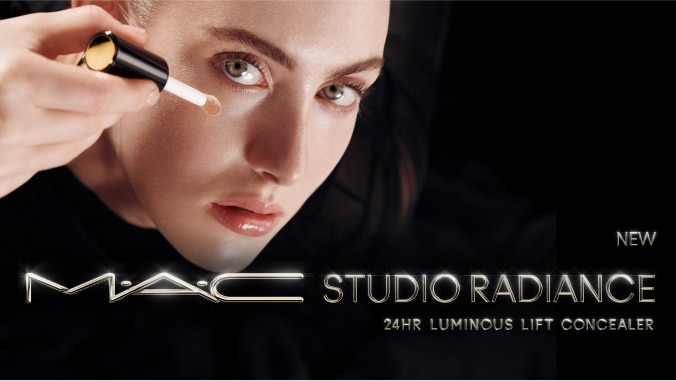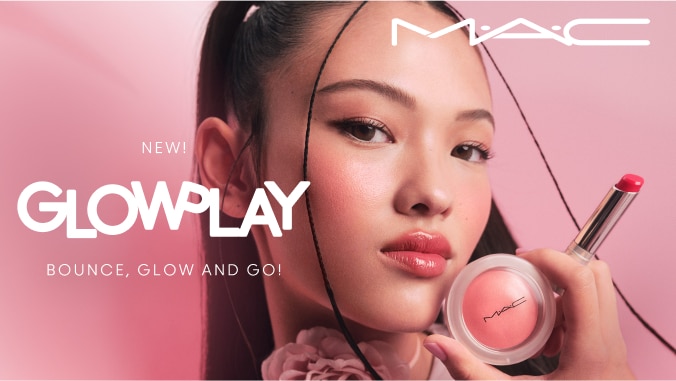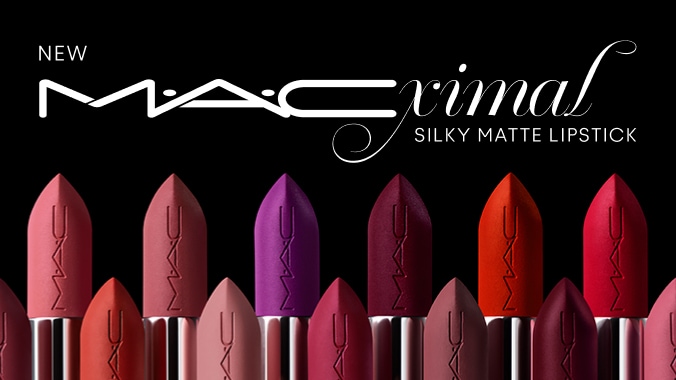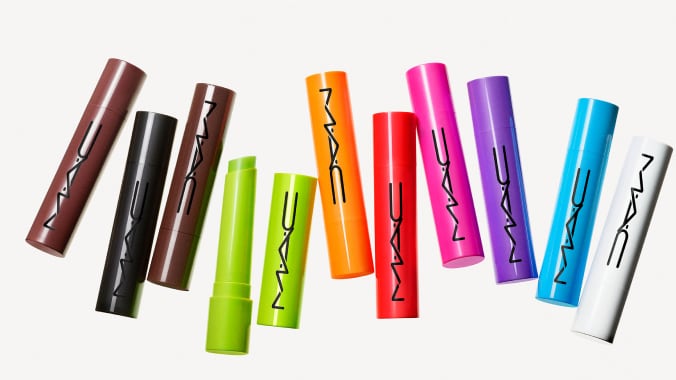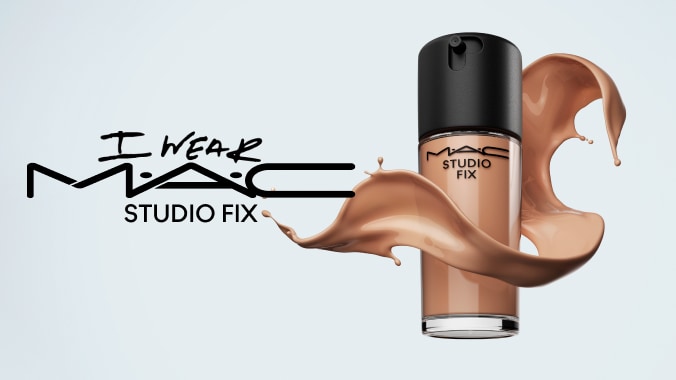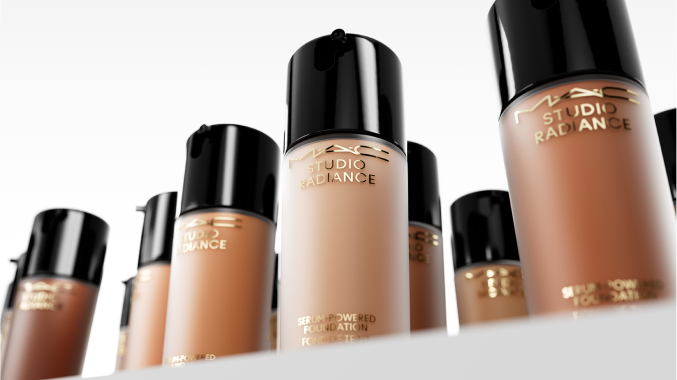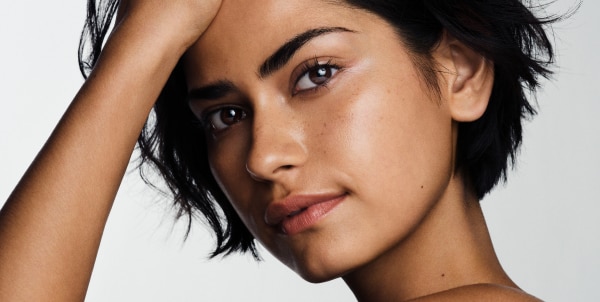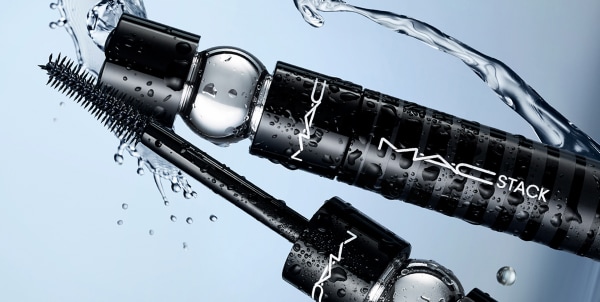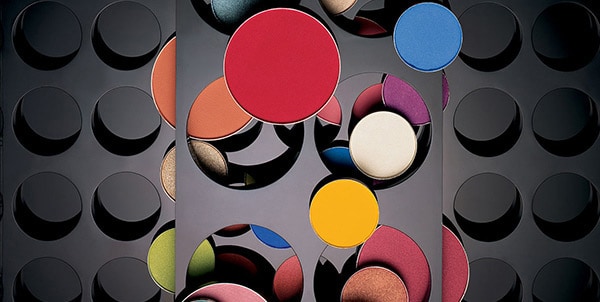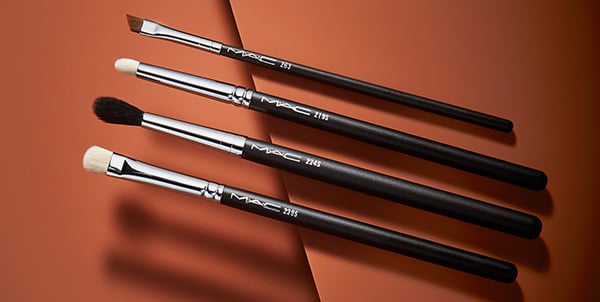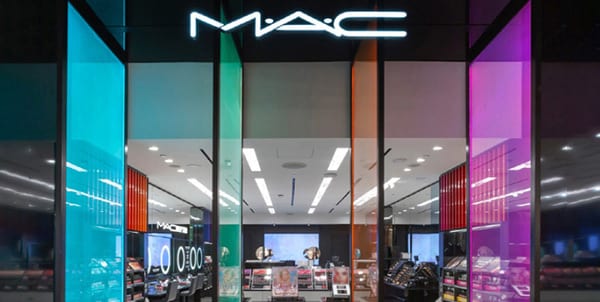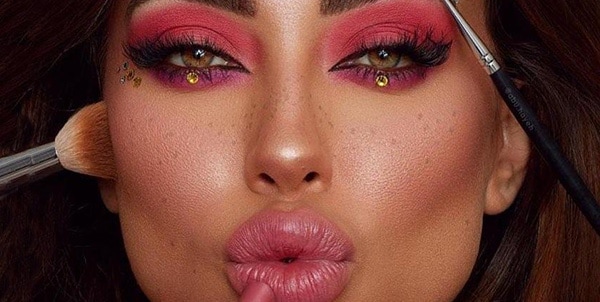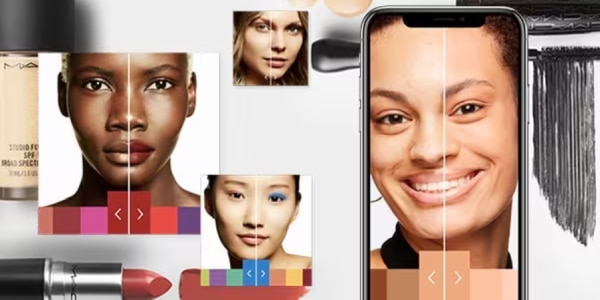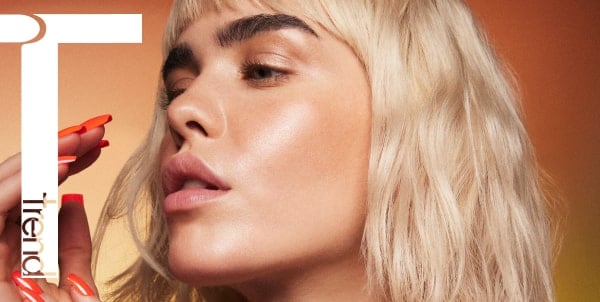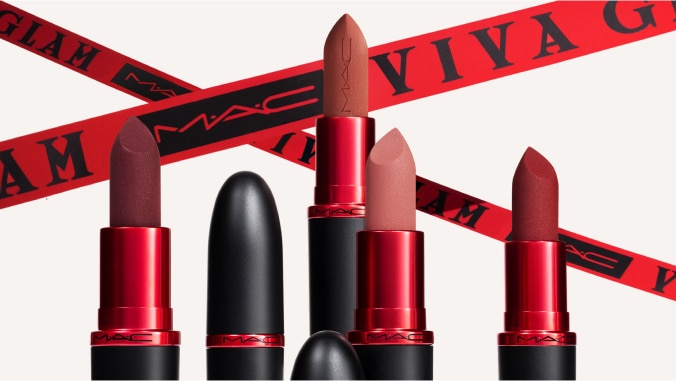A conversation with electronica’s most magnetic muse


A New Yorki- tervező, Zac Posen már 13 éve kápráztatja el közönségét a kifutókon és a vörös szőnyegen a modern, mégis időtlen darabjaival, most azonban egy M∙A∙C-nek tervezett, ikonikus és merész színeket tartalmazó kollekciójával debütál. Posen stílusát tökéletesen tükrözi a kollekció ikonikus, szögletes formájú csomagolása, és minden szerethető, Posen által imádott részlet új stílussal öltözteti fel az arcot.

TOTAL FANTASY
As the Chinese lunar calendar enters the new year, we speak with three creative individuals who share a birth date in the coming Year of the Monkey: aged 24, 36 and 48. We selected those who share a rebel flair, asking each about the impact of each generation’s art, design and music on China’s ever-evolving pop cultural landscape. From Beijing to Shenyang and Shanghai, they embrace the collision of old and new, channeling that explosive energy to influence creative change throughout the country.
Momo Wu – born in 1992 (age 24)
On the eve of releasing her second album, Momo Wu aka Wu Mochou is one of C-Pop’s hottest yet most divisive stars. Confounding critics with a style that’s a mixture of bubblegum and cyberpunk gargles, the performer from Shenyang broke records for the most watched music video in China (“Live For Now Momo”) – with over 300 million views within six months of its release in 2013.
How do you describe your very distinct voice and style of music?
My voice is what I was born with and I sing in a way that I can most comfortably express myself. I need to follow my gut feeling, even though it might end up sounding weird to others. A song has its own pace and expression and every musician will have a different interpretation of this. “We’re advocates for the stimulating and the unknown. We refuse to repeat the past and mediocrity.” – Momo Wu – born in 1992
What do you feel connects artists of your generation?
Our generation is sometimes very self-absorbed. However, the consumption of fresh knowledge will eventually serve as a part of one's self. We’re advocates for the stimulating and the unknown. We refuse to repeat the past and mediocrity. At the moment I am taking part in a collaborative music project working only with musicians born in 90s. Being part of an inspiring collective is a wonderful experience.
Han Yajuan – born 1980 (age 36)
Han Yajuan’s ultra-pop veneer brilliantly challenges issues of Chinese identity, femininity and change. A prolific painter and sculptor, this Beijing artist’s 12 solo exhibitions and 65 group shows – including at MoCA Shanghai – have also made her a firm fashion favourite, with multiple collaborations with Vogue China.
How have Chinese art and fashion inspired your work?
I love Chinese art and architecture, however am a big fan of fashion as it is a fantastic visual representation of society’s development, as the evolution in styles is so overtly apparent. The clothes I wore growing up are a million miles away from current trends and it is their ability to act as a cultural zeitgeist that drew me to incorporate them in so much of my art. “When the world around you develops so quickly, it will inevitably provide fertile soil for creativity, in art, literature, philosophy and all other creative pursuits.” – Han Yajuan – born 1980 (age 36)
How do you describe the creative energy in China?
I think it is impossible not to link the creative energy in China to the dramatic social, cultural and economic changes we have experienced in the past 50 years. The ethereal creative energy in China owes a lot to these tangible developments.
How about when you look at your generation?
When the world around you develops so quickly, it will inevitably provide fertile soil for creativity, in art, literature, philosophy and all other creative pursuits. My generation is very unique, in that we were able to experience old and new China in formative years of our lives.
Rossana Hu – born 1968 (age 48)
Rossana Hu is one half of Neri & Hu, Shanghai’s acclaimed avant-garde architecture and design studio. The multiple award-winning 48-year-old vanguard designer and her husband Lyndon Neri are responsible for literally redesigning the city’s foundations to inspire social change and cultural expression.
What do you predict Shanghai will be like in 2016?
Creatively, there seems to be a storm coming and if we’re set for such a renaissance, I think we will see Shanghai as the major source of creativity surrounding technology and its cultural implications. It will be interesting to see what comes out of it.
How do you want to change people’s perception of living and design?
We want to challenge the norm, ask questions that have not been asked, and perhaps offer answers that are not typical. We like to use design as a tool for people to question their daily habits, or just simply be aware of what they do and who they are. “The age-old dichotomy of old and new will continue to inspire wherever we are and wherever we work… We exist in the here and now but will always be surrounded by this theme.” Rossana Hu – born 1968 (age 48)
Will the flux of old and new China continue to inspire you?
The age-old dichotomy of old and new will continue to inspire wherever we are and wherever we work, and it’s not just China that intrigues us. We exist in the here and now but will always be surrounded by this theme.
